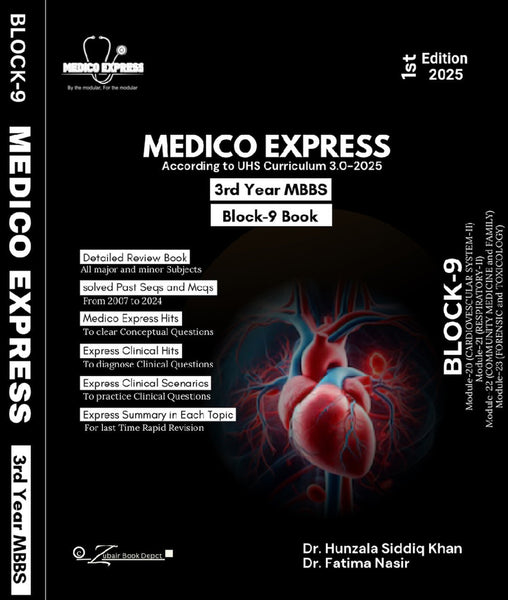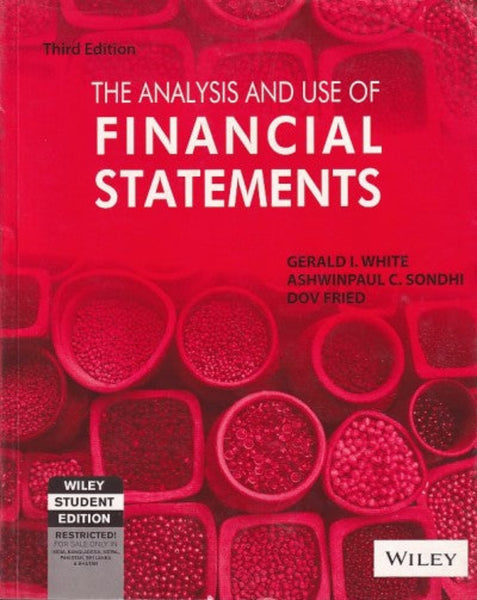Letter to the Father by Franz Kafka (Author)
- Publisher: ENGLISH GENERAL BOOKS
- Availability: In Stock
- SKU: 59129
- Number of Pages: 144
Rs.340.00
Rs.450.00
Tags: best books , Best Price , Best Selling Books , Childhood Memories , Childhood Trauma , Communication Breakdown , Emotional Abuse , Emotional Conflict , Emotional Detachment , Emotional Manipulation , Emotional Suppression , Emotional Vulnerability , Family Dynamics , Family Dysfunction , Family Pressure , Father Figure , Father-Son Relationship , Fear and Rejection , Fear of Failure , Feelings of Inferiority , Franz Kafka , Generational Conflict , Guilt and Shame , Internal Conflict , Letter to the Father , Letter to the Father by Franz Kafka , ONLINE BOOKS , Online Bookshop , Parental Authority , Parental Control , Parental Expectations , Personal Growth , Personal Insecurities , Power Imbalance , Psychological Impact of Parenting , Psychological Struggle , Repressed Emotions , Search for Acceptance , Seeking Validation , Self-Identity , Struggle for Independence
Letter to the Father
Author: Franz Kafka
Introduction
Letter to the Father by Franz Kafka is a deeply personal and emotional letter written by Kafka to his father, Hermann Kafka. In this intimate work, Kafka reflects on his troubled relationship with his authoritarian father, detailing the emotional conflicts and psychological effects that shaped his life and writing. Kafka’s letter, never actually delivered to his father, reveals the profound impact of his father’s dominance, criticism, and emotional distance. Through this heartfelt and often painful account, Kafka explores themes of fear, inadequacy, and the longing for approval, providing readers with insight into his complex personality and the underlying tensions in his work.
Key Points
-
Emotional Conflict
- Kafka portrays his father as a figure of overwhelming authority, whose harsh words and high expectations left him feeling inadequate and fearful.
-
Sense of Inadequacy
- Kafka expresses how his father’s criticism and lack of emotional warmth made him feel weak, inferior, and incapable of meeting his father’s expectations.
-
Impact on Kafka’s Personality
- The strained relationship contributed to Kafka’s anxiety, low self-esteem, and feelings of guilt, which influenced his personal and professional life.
-
Fear and Distance
- Kafka details how his father’s intimidating presence created emotional distance, preventing him from expressing his true thoughts and feelings.
-
Search for Understanding
- The letter represents Kafka’s attempt to confront his father’s influence and seek closure, even though he knew reconciliation might never happen.
Why Read This Book
Letter to the Father offers a raw and intimate glimpse into Kafka’s inner world and the emotional struggles that shaped his life and writing. It provides valuable psychological insight into the author’s creative process and the emotional depth behind his literary works.
Conclusion
Franz Kafka’s Letter to the Father is a powerful exploration of familial conflict and emotional vulnerability. Through honest and introspective writing, Kafka reveals the lasting impact of parental relationships on personal identity and mental well-being, making this letter a profound and moving literary document.

























